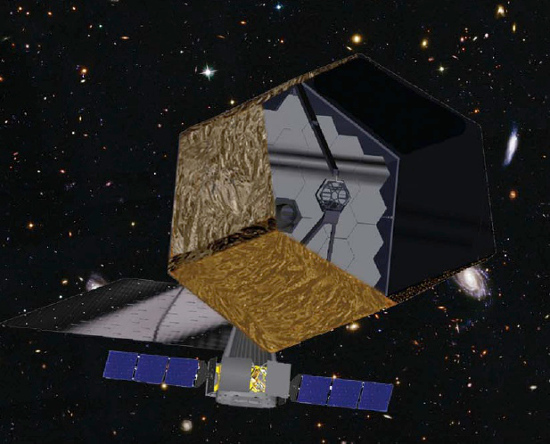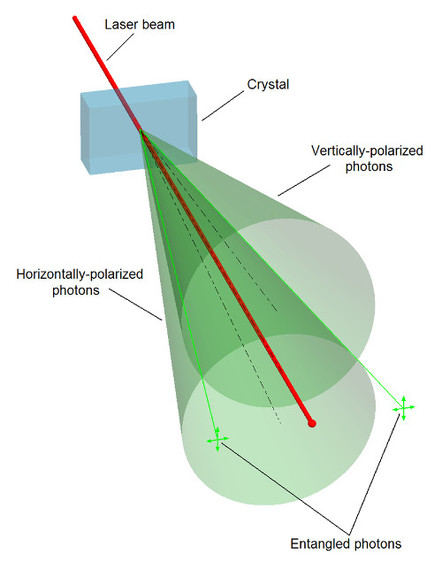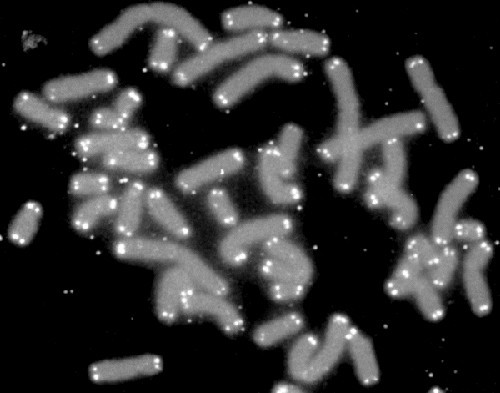
There are numerous websites entitled "Top 10 Unsolved Science Mysteries," or some slight variations on this theme. However, even a cursory examination of these sites reveals that the choices for the "top 10" are far from being unanimous. Here I have identified three "mysteries" that appear on many -- but definitely not all -- lists (in no particular order).
(1) Are We Alone?
With billions of Earth-size planets orbiting their host stars in the "habitable zone" (the region that is neither too hot nor too cold, so that it allows for liquid water to exist on the planet's surface) is it possible that Earth is the only planet in the Milky Way galaxy hosting life? Fortunately, we don't need to speculate. For the first time in human history, we find ourselves in the position that we may be able to answer this question in the coming two to three decades (Figure 1). Needless to say that a discovery of extrasolar life will constitute a scientific revolution that will rival the Copernican and the Darwinian revolutions combined.

Figure 1. A potential design for the Advanced Technology Large-Aperture Space Telescope (ATLAST) that would be able to detect biosignatures in the atmospheres of extrasolar planets. Credit: Northrop Grumman Aerospace Systems & NASA/STScI.
A related "mystery" that appears on many lists is that of the origin of life. On that front, researchers predict that we may be able to create life from ordinary chemistry in the laboratory within the next five years! (See a brief summary at: Creating Life in the Lab.)
(2) Is the Speed of Light the Ultimate Speed Limit?
According to Einstein's theory of Special Relativity, the speed of light in vacuum (about 186,000 miles per second, or about 300,000 kilometers per second) is the maximum speed at which matter, energy, or information can travel. If not for this limit, causality would be violated. In other words, effects would be observed prior to their causes.
This is not to say that nothing can move faster than light. For example, spacetime itself can stretch faster than the speed of light, and indeed it apparently had done so, during the brief period at the beginning of our universe known as "cosmic inflation" (see for example the discussion at: Eternal Inflation).
Quantum entanglement presents a phenomenon in which information at least appears to be transmitted faster than light. The idea is that when a property of one member of a pair of "entangled" particles (e.g., photons that have been prepared in a particular combination of their polarizations; Figure 2) is measured, the value of that property for the other member of the pair can be determined instantaneously. A simple classical analogue of this situation would be if someone puts each shoe of a pair into a separate box without telling you which shoe is in which box. Then she sends one box to London and leaves one with you. Clearly, as soon as you open your box and see that it contains the left shoe, you instantaneously know that the box in London contains the right shoe. The precise implications of this so-called "spooky action at a distance" are still an active research area.

Figure 2. A process that splits photons (particles of radiation) into entangled pairs that have perpendicular polarizations. Credit: J-Wiki at en.wikipedia - Transferred from en.wikipedia.
(3) Can Humans Become Immortal?
The fact that everybody dies at the end has so far been an undeniable fact of life. But is that truly inevitable? Research into the possibility of prolonging life is proceeding in several directions. One such effort concentrates on an enzyme called telomerase, which was shown to slow down the death of cells, by arresting the age-induced shortening of the protective tips at the ends of chromosomes (known as telomeres; Figure 3). Experiments done with mice in recent years did demonstrate a reversal in the aging process through telomerase reactivation. Whether or not similar effects can be obtained in humans is still an open question.

Figure 3. Human chromosomes (in gray). The telomeres are the white caps. Image is in the Public Domain.
Another direction of research, taken, for instance, by the New England Centenarian Study, is to examine in detail the genes of a couple thousand people who have reached the age of 100 for clues as to their unusual longevity.
Finally, some scientists, such as computer scientist and futurist Ray Kurzweil, argue that nanotechnology could produce tiny "maintenance" robots that would circulate through the human body and repair age-related damages.
The lesson from all of these "mysteries" is clear. There is no shortage of fascinating open questions in science, and I feel confident in predicting that even if the particular mysteries that I have listed here are solved, new, exciting ones will emerge.